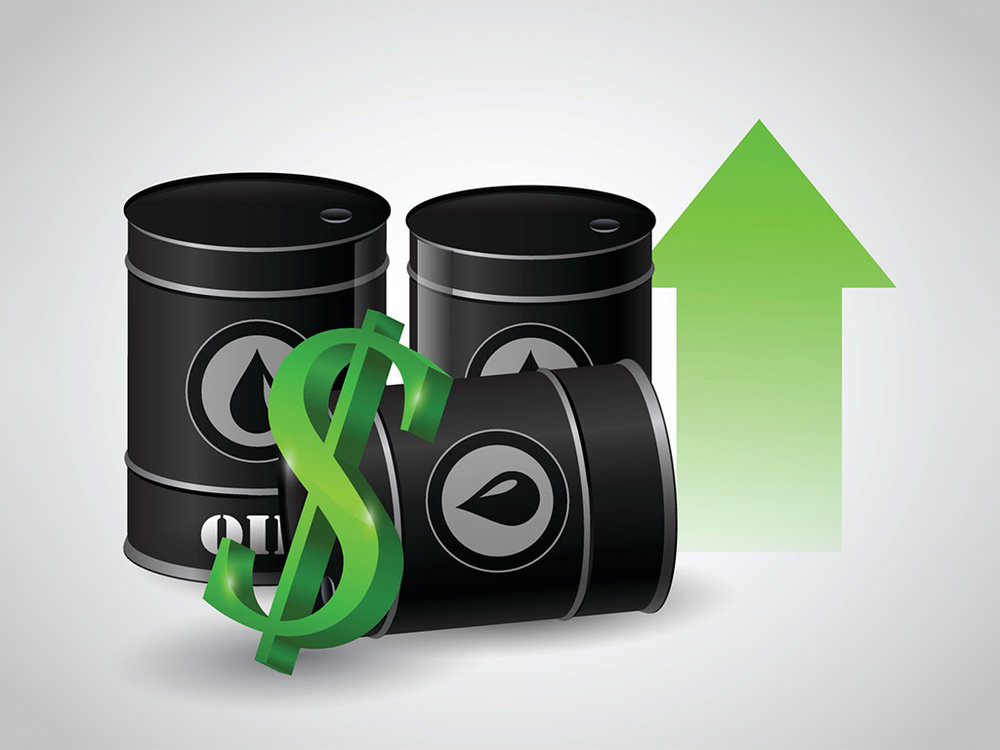- Your cart is empty
- Continue Shopping

Brent Crude Reaches $97.24 Per Barrel on Thursday, Highest Since November 2022
Brent crude reached $97.24 per barrel on Thursday, its highest level since November 2022, according to a recent analysis of oil prices.
Demand surged, driving up demand, while supply of crude oil was noticeably reduced, driving up price significantly.
Considering that Saudi Arabia and Russia had earlier declared oil production cuts that would last through the end of 2023, with monthly reviews to analyse the situation, it is important to note their crucial roles in this spike.
Market analysts anticipate a thorough analysis of market dynamics as the Organisation of Petroleum Exporting Countries (OPEC) meeting slated for October 4 draws near.
Additionally, there is conjecture on prospective changes in supply and pricing levels by the producers.
But according to a Reuters story, the oil market quickly realised that the production curbs agreed by OPEC+ over the summer would have a considerable influence on the supply of crude oil.
Senior Portfolio Manager at 8VantEdge in Singapore, Stefano Grasso, emphasised this idea.
He pointed out that while demand is still rising, oil stocks are declining. “We are still a long way from reaching a price level that would harm demand,” Grasso continued.
Analysts are becoming more enthusiastic about the potential for a surge in crude oil prices that might eventually surpass the $100 per barrel mark.
This increase, meanwhile, might not last for very long.
However, if oil prices do surpass the landmark of $100 per barrel, it could have adverse effects, particularly for developing countries.
The industry may be seriously harmed by any extended period of oil prices above $100, according to Mark Zandi, chief economist at Moody’s Analytics, who emphasised the worrying picture.
It is crucial to note that, according to expert calculations, a global crude price of $100 per barrel would put a great deal of pressure on economies with weaker currencies and reduced cash flows, forcing them to buy oil denominated in dollars.
This scenario portrays a bleak image and has the potential to have significant effects on both the global energy markets and economies.
Following the President’s official pronouncement, it was predicted that Nigeria will end petroleum subsidies in May 2023.
However, the recent spike in petroleum prices worldwide and the continued turbulence on the foreign exchange market have reopened the topic of gasoline subsidies.
The rumour is based on the fact that, despite the country’s continued reliance on imported refined petroleum products, fuel pump prices continue to range between N615 and N620 per litre.
A rigorous assessment of whether concealing fuel subsidies serve the country’s public finances more than prioritising increased oil production to take advantage of the present rise in crude prices is necessary given that Nigeria is struggling with a pressing need for income.
Chika Mbonu, the Managing Director and Chief Executive Officer of KSBC Advisory Partners Limited, emphasised the urgency for the Federal Government to confront current challenges and increase the country’s oil production in a recent Nairametrics webinar held on September 23 and focusing on an analysis of President Tinubu’s first 100 days in office.
Mbonu emphasised that this crucial move is essential for strengthening and improving the country’s public finances, including efficient income generation and wise expenditure management.
In order to maintain Nigeria’s financial stability in the face of a shifting global energy landscape, it is necessary to strike a careful balance between subsidising gasoline prices and enhancing the country’s economic possibilities.
Source: allnewsng.com
